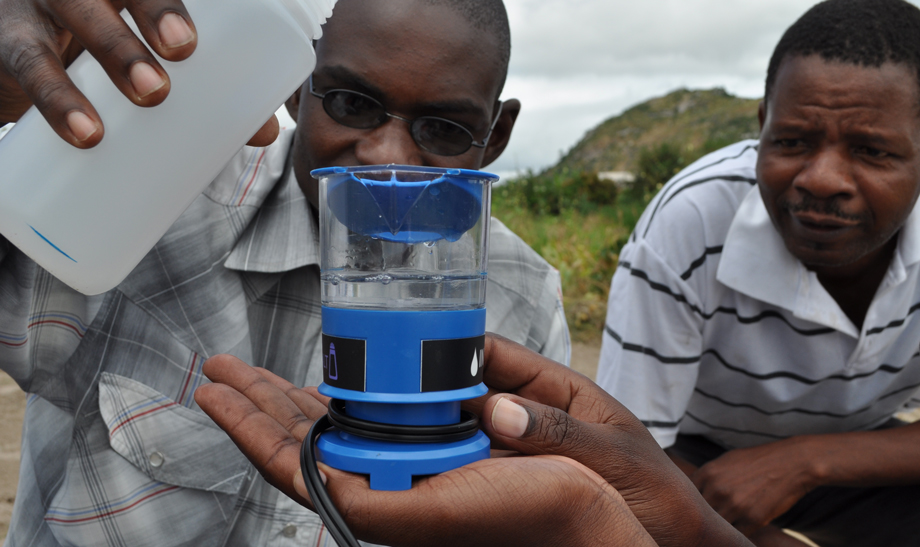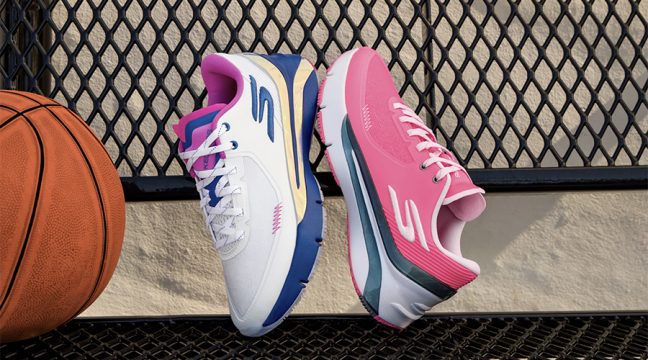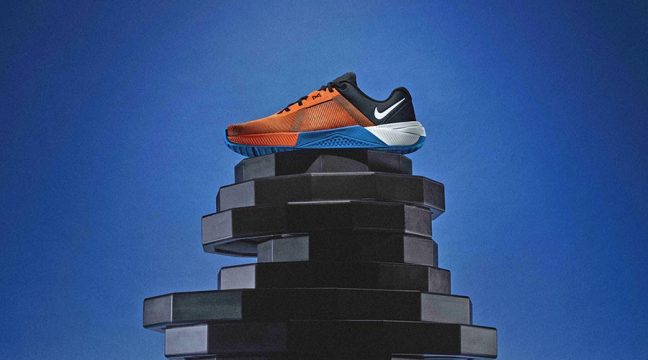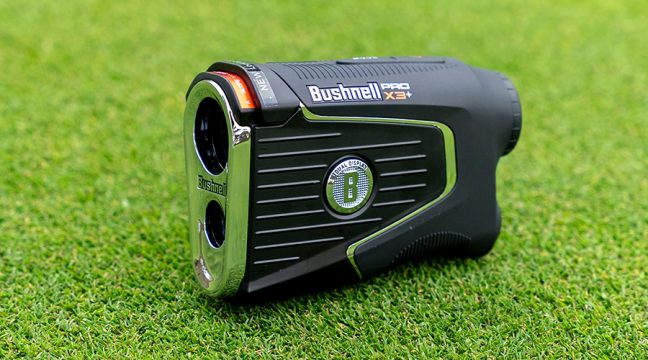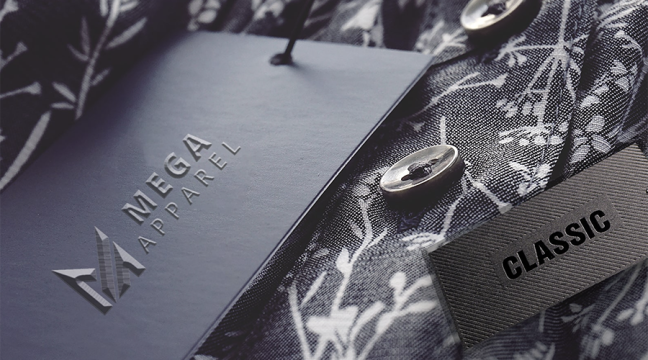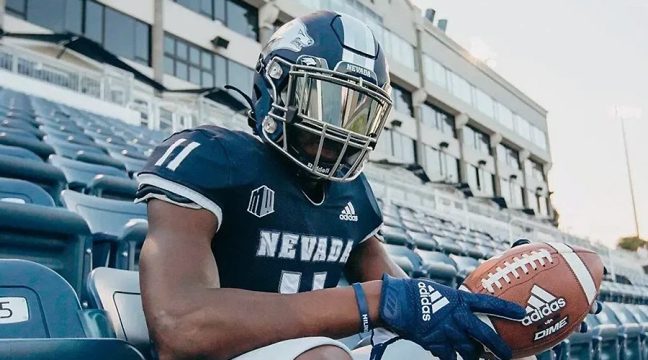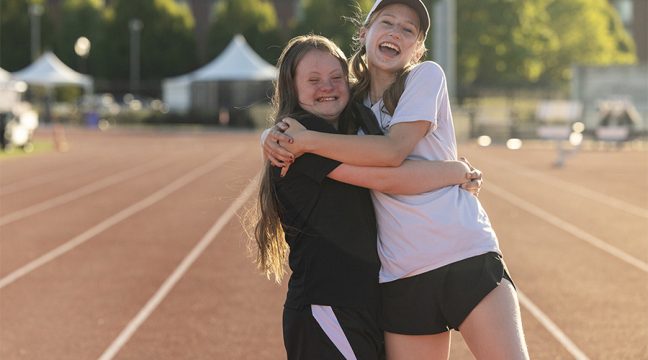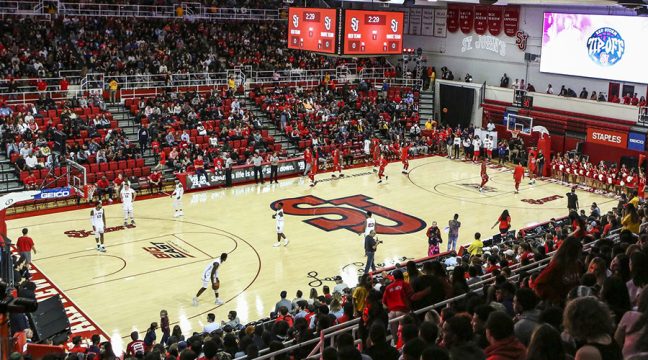By David Clucas
Most of us take clean water for granted. Open the tap, and it’s there. It’s only usually when we head to the backcountry that we have to take extra precautions.
Elsewhere in the world, it’s a different story. Clean water isn’t always a given, especially following a natural disaster.
When a major Tsunami hit Southeast Asia in 2004, MSR sprung to action, delivering thousands of water-treatment devices in the largest product donation in the company’s history.
Along with the good deed came a good idea — portable water-treatment advances shouldn’t just benefit hikers and adventure travelers. Entire populations need help.
“MSR is unique in that we are technology agnostic,” said Zac Gleason, laboratory manager for MSR. “We work to find the best solution to whatever user/use scenario we are trying to serve. We realized that we could be leveraging what we know to make a real difference for those that need it most.”
Hence the birth of MSR Global Health, the philanthropic division of the company now dedicated to improving access to food, water, shelter and mobility.
“This all started with my mentor Tim Oriard’s vision and hard work to build meaningful partnerships,” Gleason said.
The first of those partnerships was with safe water nonprofit PATH, which MSR helped run head-to-head comparisons of low-cost household treatment options available in India under funding from the Gates Foundation. From there, the project has grown into what it is now under the leadership of Laura McLaughlin at MSR Global Health and the division’s first product in 2015, the MSR Community Chlorine Maker.
The kit produces chlorine from just salt and water and electricity from a battery. The chlorine can then be used to disinfect and create clean water.
“The products need to be affordable, effective, usable, and desirable in order to bring change,” Gleason said.
And just like outdoor products, they’re already working on the next, better model.
Lead photo courtesy PATH

